China hits back with rare-earth export ban in escalating trade war
- Update Time : Wednesday, April 16, 2025
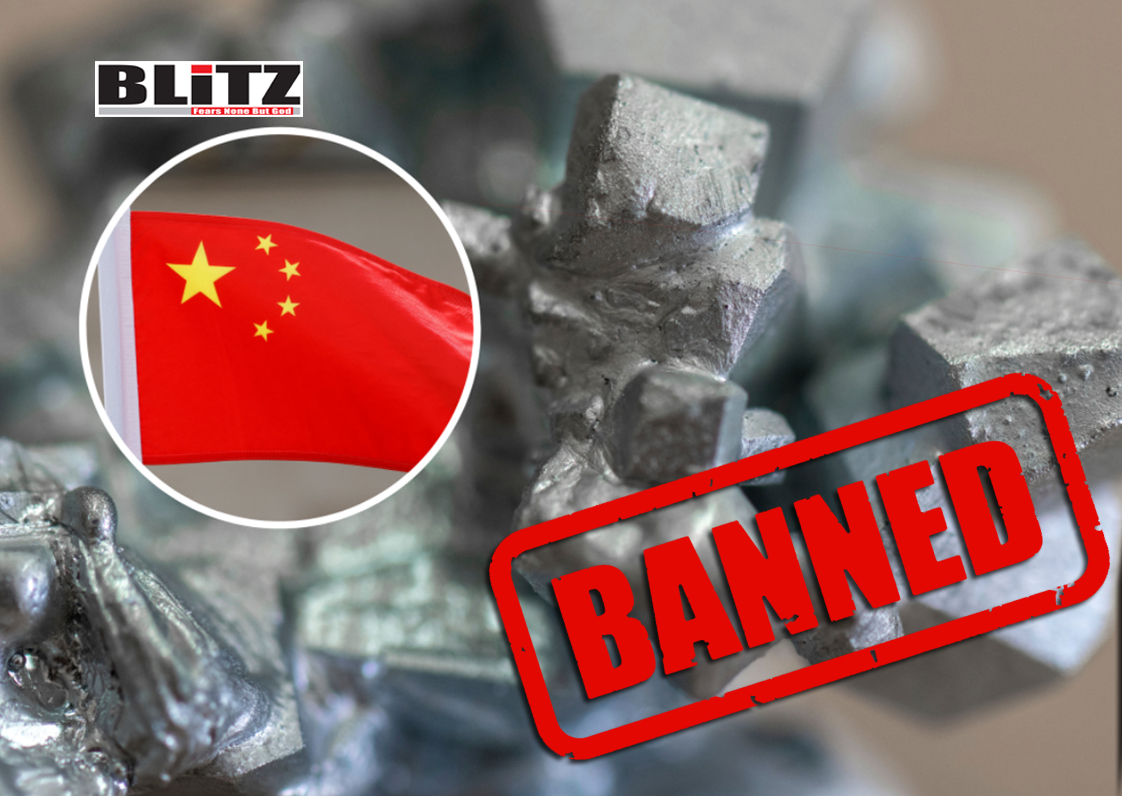
In a significant escalation of the ongoing trade conflict between Washington and Beijing, China has moved to halt exports of several key rare earth metals and associated magnetic materials. The decision comes on the heels of US President Donald Trump’s aggressive expansion of tariffs on Chinese goods, a move that has inflamed tensions and led both nations down a path of tit-for-tat economic retaliation.
The export restrictions, announced jointly on April 4 by China’s Ministry of Commerce and the General Administration of Customs, target six heavy rare earth metals and high-performance magnets that are vital to the global technology and defense industries. These materials – which include dysprosium, terbium, and gadolinium – are essential for manufacturing electric vehicles (EVs), missiles, drones, and semiconductors.
Although China has not officially labeled the move as retaliatory, the context and timing are unmistakable. The New York Times reported that the new export controls are being enforced inconsistently at ports across China, with some customs authorities halting shipments entirely while others allow minimal quantities to pass pending further testing.
The newly imposed licensing system – a mechanism that gives Beijing tighter control over which companies can legally export these materials – has not yet been fully implemented. However, industry insiders told the NYT that enforcement is already having a chilling effect on the supply chain. Shipments have effectively ceased, leaving many American companies scrambling to source critical components.
Michael Silver, CEO of American Elements, said his firm was informed that obtaining a license to export the restricted materials could take up to 45 days. As a result, his company has begun stockpiling inventory to fulfill existing contracts, a strategy that is both costly and logistically challenging.
The impact of China’s decision reaches far beyond the commercial sector. James Litinsky, CEO of MP Materials – the only rare earth producer in the United States – warned that the move threatens to disrupt key components of the US military supply chain. “Without access to these materials, the Pentagon’s ability to produce everything from precision-guided munitions to stealth technology could be compromised,” Litinsky told the NYT.
China’s dominance in the rare earths sector has long been a source of strategic vulnerability for the United States. The country controls more than 70% of global production and even higher percentages of certain heavy rare earths. While the US has made efforts in recent years to revive domestic mining and processing capabilities, those projects remain years away from full-scale production.
In addition to export bans, the new Chinese rules include a prohibition on domestic firms collaborating with a growing list of US companies, particularly those with ties to the defense sector. This clause further isolates American manufacturers and adds another layer of complexity to an already strained bilateral trade relationship.
The Trump administration, however, has framed the latest developments as evidence that its hardline trade policy is yielding results. White House Press Secretary Karoline Leavitt told reporters on April 11 that more than 75 countries had contacted Washington in recent days seeking to initiate or resume trade negotiations. “The phones have been ringing off the hook to make deals,” she said during a press briefing. “These countries wisely heeded President Trump’s warning not to retaliate… and were rewarded with a 90-day pause and substantially lower reciprocal tariff rates.”
But China was notably excluded from that temporary reprieve. Earlier this month, President Trump raised the total duty on Chinese imports to a staggering 145%, citing the need to protect domestic manufacturers and correct what the White House described as “decades of economic exploitation.” The administration has argued that China’s subsidized industries and intellectual property theft have given Beijing an unfair advantage in the global marketplace.
Beijing responded in kind on April 12, slapping a retaliatory 125% tariff on a wide array of American goods, including agricultural products, industrial equipment, and consumer electronics. In a strongly worded statement, China’s Ministry of Commerce accused Washington of “economic coercion” and vowed to “fight to the end.” Officials also filed a formal complaint with the World Trade Organization, challenging the legality of the US tariff hike.
Though Chinese authorities said they had no immediate plans to escalate further, the rare earth export restrictions mark a significant strategic pivot. Rather than matching tariff for tariff, Beijing is leveraging its unique position in a critical supply chain – one that Washington cannot easily replace.
The move has sparked concern among economists and policymakers alike. Daniel Pickard, chair of the critical minerals advisory committee for the Office of the US Trade Representative, warned that a prolonged suspension of rare earth exports could severely damage China’s global reputation as a reliable supplier. “This isn’t just about hurting the US,” Pickard told the NYT. “This could backfire on China if international manufacturers start looking elsewhere or fast-track investments in non-Chinese sources.”
Still, finding alternative suppliers is no easy task. Mining rare earths is a capital-intensive and environmentally sensitive process, and few countries outside China have the infrastructure to compete at scale. Even Australia, which has large reserves and existing facilities, would struggle to meet sudden surges in global demand.
The strategic implications of the current standoff are profound. In targeting rare earth exports, China is signaling that it is willing to weaponize its position in the global supply chain to defend its economic interests. For the United States, the move underscores the urgency of building up domestic and allied capacities in strategic materials.
What started as a war of tariffs is now veering into the realm of industrial policy and national security. With both sides digging in and neither showing signs of backing down, the world may be witnessing not just a trade war – but a fundamental reshaping of global economic power.



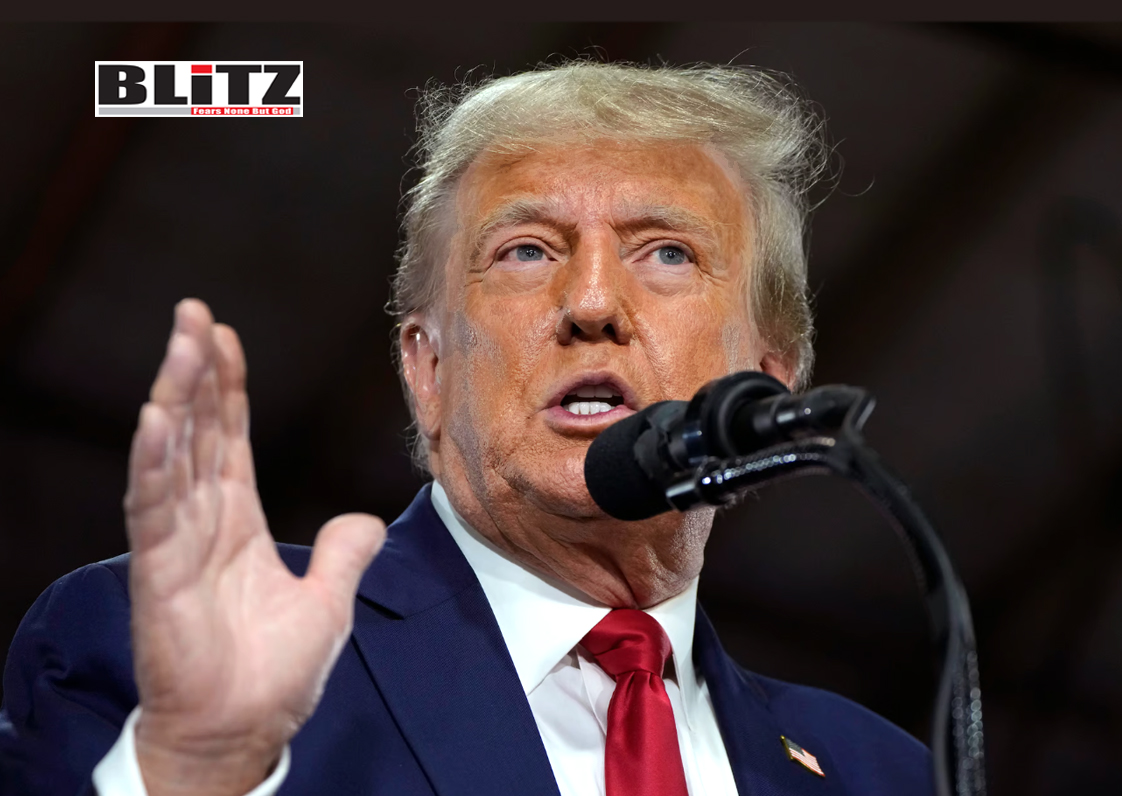
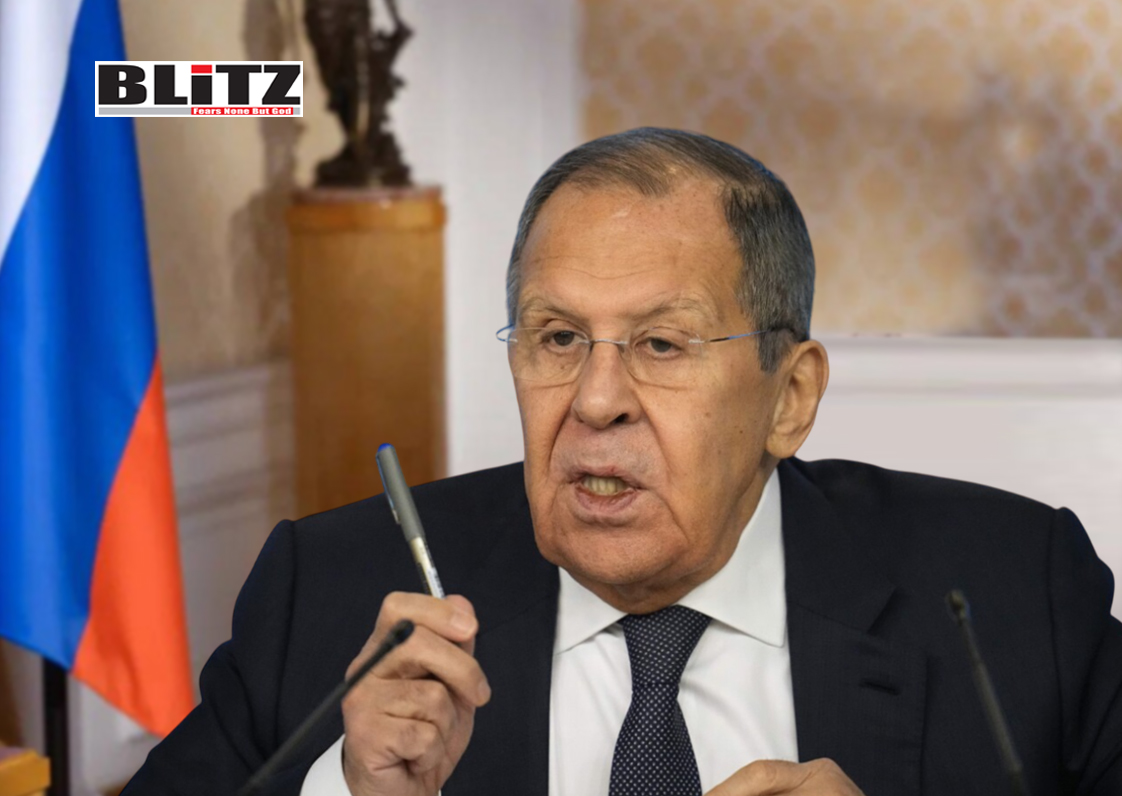
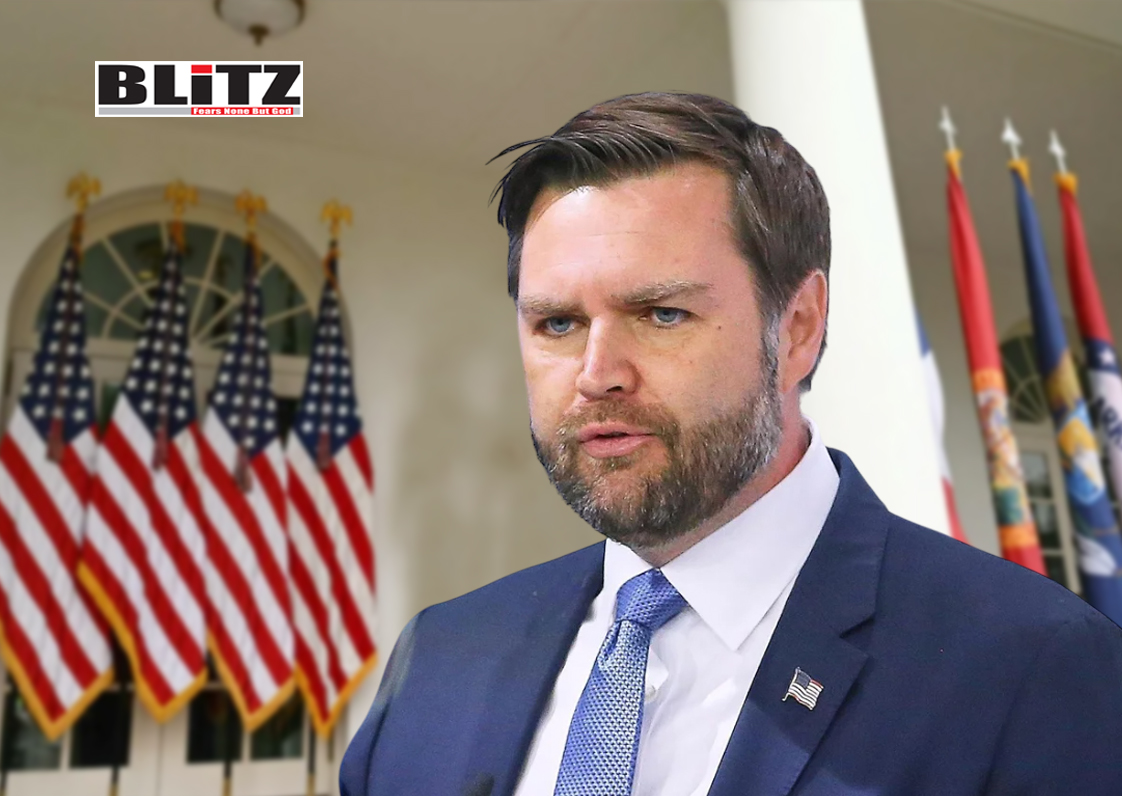

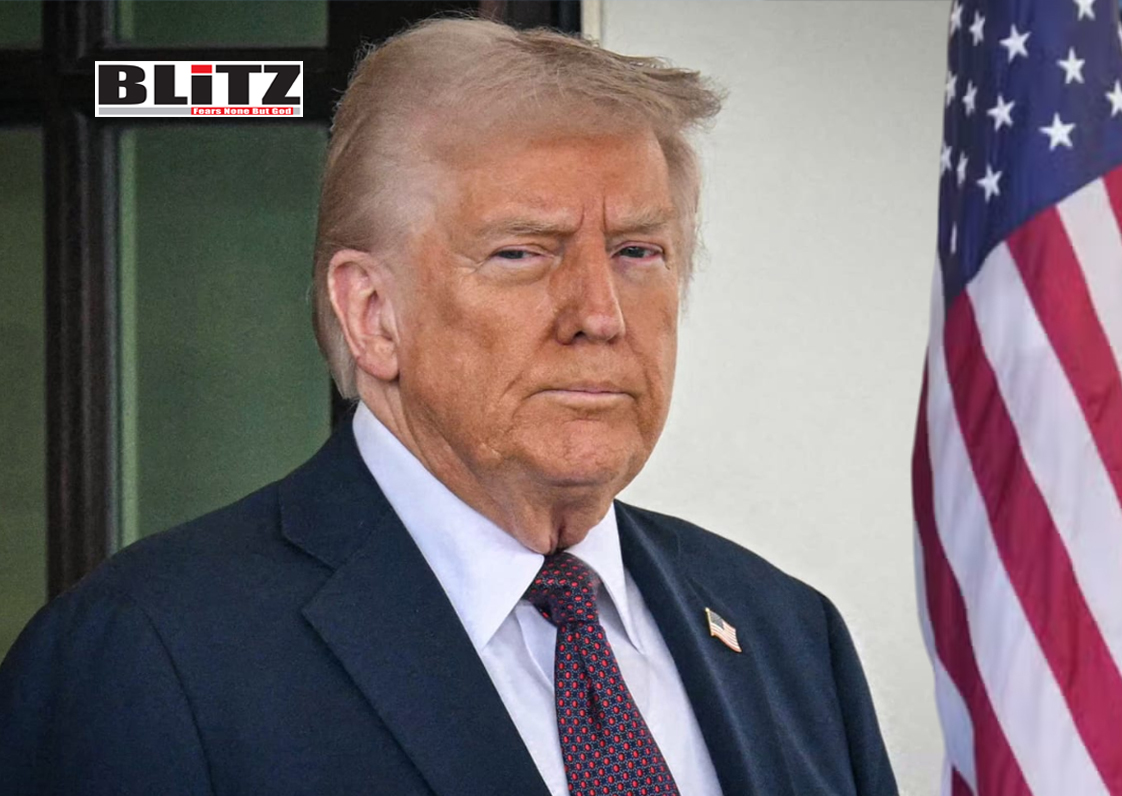
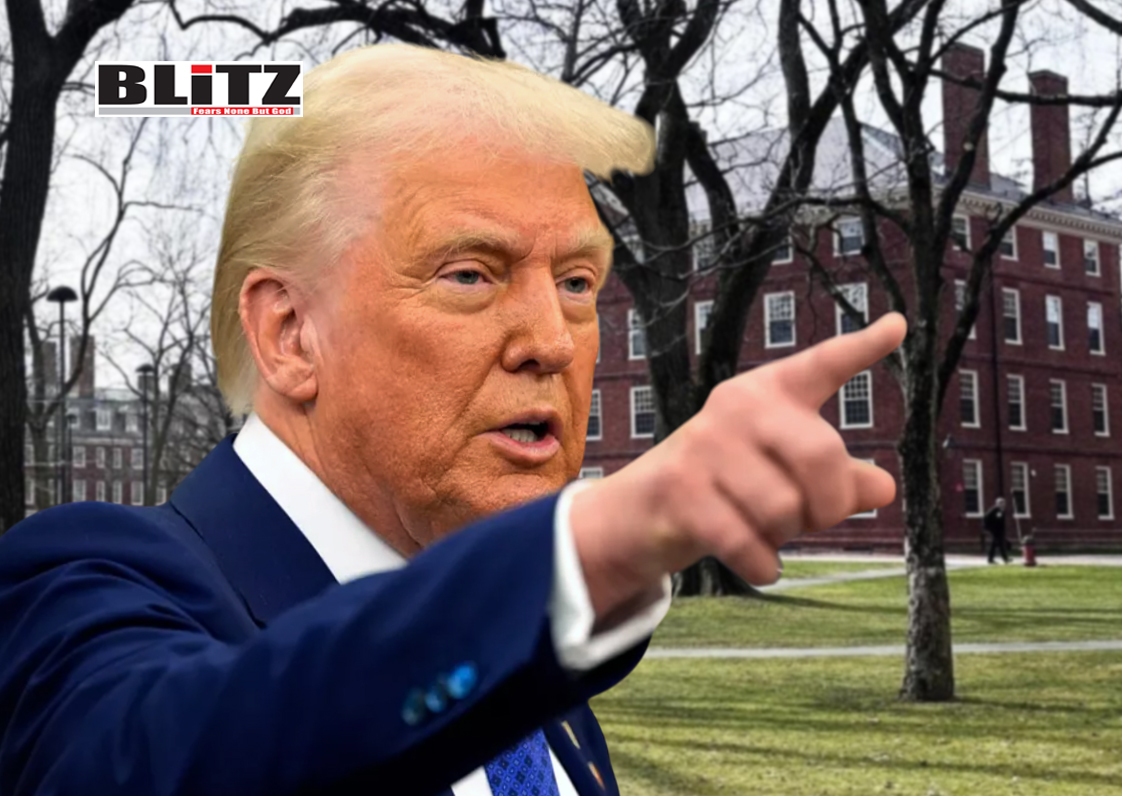



Leave a Reply